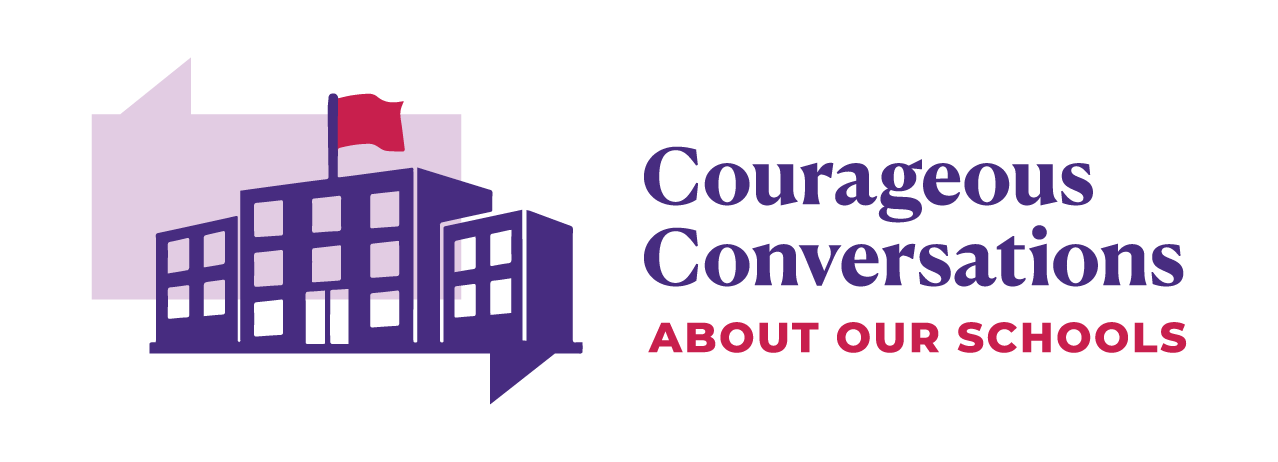A Conversation with Daniel Buck- Defender of the Education Culture Wars (Ep. 23)
Episode notes:
When Daniel Buck’s article, “In Defense of the Education Culture Wars,” appeared in my news feed, I thought, Is this guy kidding? Is he seriously arguing that the culture wars are a good thing for schools? Turns out he was, which made me think, I have to get this guy on my show.
Buck agreed to join me, and what you’ll hear in this conversation is him explaining his thesis, my making sure I understood his argument, and then me offering my reasons for believing the opposite - that culture wars, like most wars, usually do far more harm than good. But then what became apparent, as is often the case when people are at odds, is that each of us ascribed different meanings to “culture war."
By the end of the conversation, after clarifying our definitions, we discovered that we agreed on a lot - that educators, parents, and often students, should be having conversations on matters that impact schools and students - like how and when students should learn about gender and sexual identity or the books and movies they should have access to. These things shouldn’t be swept under the rug just to avoid conflict, but (and this was my argument) nor should the conversations be free-for-all, no holds barred, vitriolic shouting matches where nobody listens, nobody wins, and the best the combatants can say is, “We fought the good fight!” What often happens in culture wars is that trust is lost and anger and suspicion toward teachers rises. Then, many of them end of quitting, a terrible consequence that couldn't be any more harmful for students since many schools already suffer from severe shortages.
Buck and I ended up agreeing on some key points while disagreeing on others. But as Mahatma Ghandi once said, “Honest disagreement is often a good sign of progress.”
Featured guest:
Daniel Buck is an Editorial and Policy Associate at the Thomas B. Fordham Institute. He is the author of What Is Wrong with Our Schools? and taught English and English as a second language at the middle and high school levels. He earned his master’s degree in curriculum and instruction from the University of Wisconsin–Madison, along with bachelor’s degrees in English literature and the Spanish language. His work has appeared in the Wall Street Journal, National Affairs, National Review, the New York Post, First Things, and many other publications.
Related articles:
Daniel Buck (April 27, 2023). “In defense of education culture wars,” Thomas B. Fordham Institute.
Hannah Natanson (September 6, 2022). “Trust in teachers is plunging amid a culture war in education,” The Washington Post.Scott Neuman (November 13, 2022). “The culture wars are pushing some teachers to leave the classroom,” National Public Radio.
Patrick Wall (April 21, 2023). “As GOP ramps up school culture wars, Democrats weigh a counterattack,” Chalkbeat.
Listen & Subscribe
Choose your preferred player:










